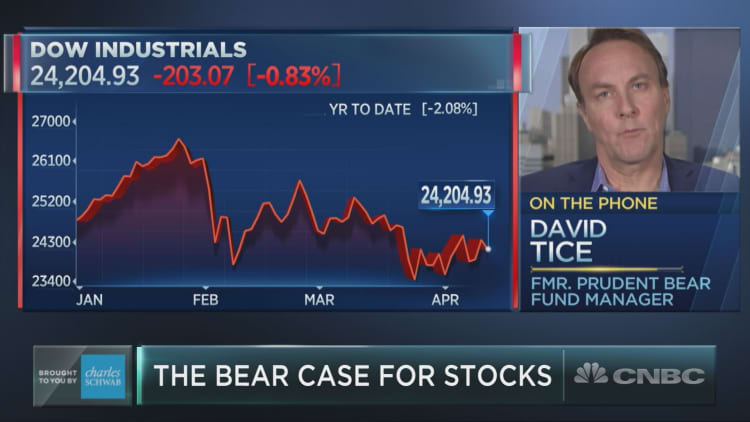Introduction:
The US stock market has long been regarded as a symbol of economic strength and stability. Its performance is closely watched by investors and analysts worldwide, serving as an indicator of the overall health of the global economy. Over the years, the US stock market has weathered various challenges and uncertainties, demonstrating its resilience and ability to recover from downturns. In this article, we will delve into the recent performance of the US stock market, examine the factors influencing its trajectory, and provide insights into its future outlook.
Body:
- Recent Performance: The US stock market has shown remarkable strength in recent years. Despite occasional fluctuations, it has displayed an overall upward trajectory, reaching new record highs. One of the primary drivers behind this performance has been the robust economic growth witnessed in the United States. Factors such as low unemployment rates, increased consumer spending, and strong corporate profits have all contributed to the positive sentiment among investors.
- Influence of Monetary Policy: The monetary policy implemented by the Federal Reserve plays a crucial role in shaping the US stock market. In response to economic conditions, the Federal Reserve adjusts interest rates and employs various measures to stimulate or cool down the economy. Lower interest rates tend to boost stock prices, as they encourage borrowing and investment. Conversely, higher interest rates can lead to a decrease in stock prices, as borrowing becomes more expensive. Therefore, investors closely monitor the decisions of the Federal Reserve, as they have a significant impact on market sentiment and performance.
- Technology Sector Dominance: The US stock market is characterized by the dominance of the technology sector, with companies such as Apple, Amazon, Microsoft, and Google-parent Alphabet leading the way. These tech giants have consistently delivered strong financial results, fueling investor optimism and attracting significant capital inflows. However, the concentration of market power in a few key players also poses potential risks, as regulatory scrutiny and antitrust concerns could affect their future growth prospects.
- Geopolitical Factors: Geopolitical events and global economic conditions can have a significant impact on the US stock market. Trade tensions, political uncertainties, and geopolitical conflicts can create market volatility and affect investor sentiment. For example, the US-China trade war that unfolded in recent years had a notable impact on the stock market, causing fluctuations and injecting uncertainty into the global economic outlook. Investors must closely monitor geopolitical developments to assess potential risks and opportunities.
Conclusion:
The US stock market continues to exhibit resilience and strength, driven by factors such as robust economic growth, accommodative monetary policy, and the dominance of the technology sector. While occasional fluctuations and challenges are inevitable, the long-term outlook for the US stock market remains positive. However, investors should exercise caution and conduct thorough research to make informed investment decisions. Monitoring global economic conditions, geopolitical events, and regulatory developments is crucial in navigating the ever-changing landscape of the stock market.
FAQs:
- Should I invest in the US stock market? Investing in the US stock market can be a viable option for long-term investors seeking growth opportunities. However, it is important to assess your risk tolerance, financial goals, and investment horizon before making any investment decisions. Consulting with a financial advisor can provide personalized guidance based on your specific circumstances.
- How can I mitigate risks associated with the US stock market? Diversification is key to mitigating risks in the stock market. By spreading your investments across different sectors and asset classes, you can reduce the impact of any single investment on your overall portfolio. Additionally, staying informed about market trends, conducting thorough research, and setting realistic expectations can help manage risks effectively.
How do geopolitical events affect the US stock market? Geopolitical events can create uncertainty and volatility in the stock market. Trade tensions, political conflicts,

